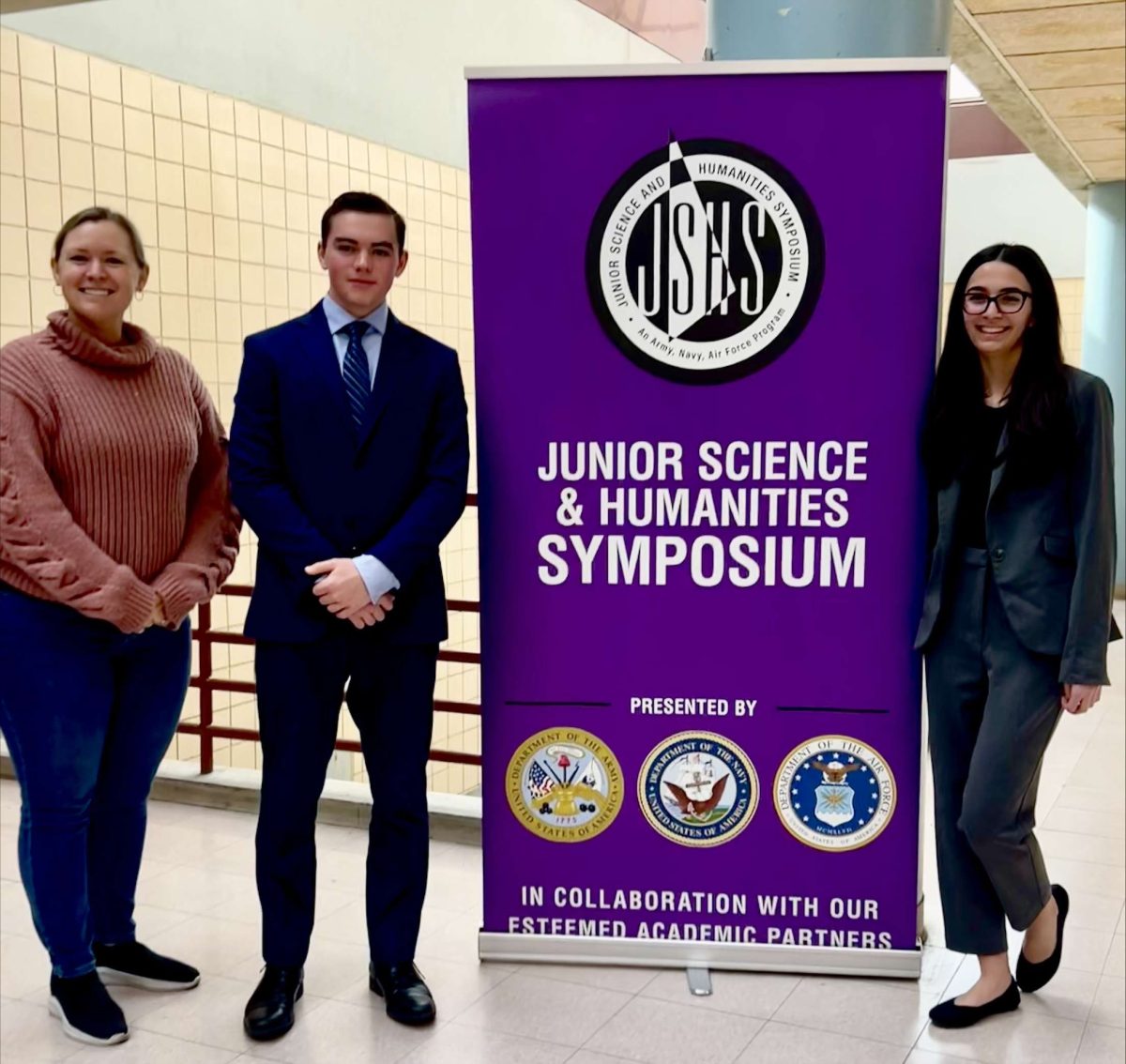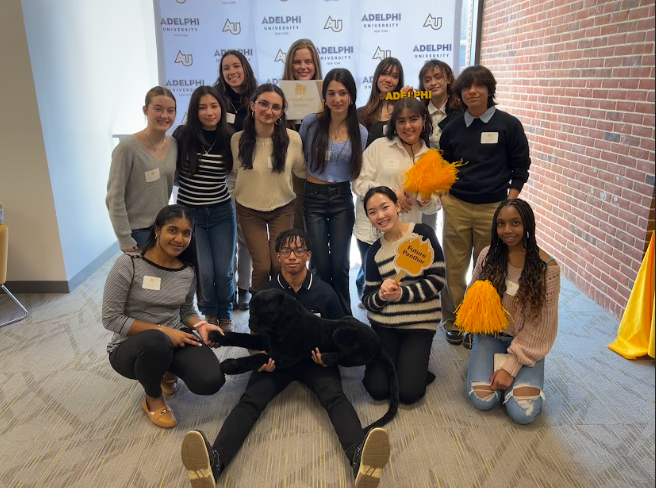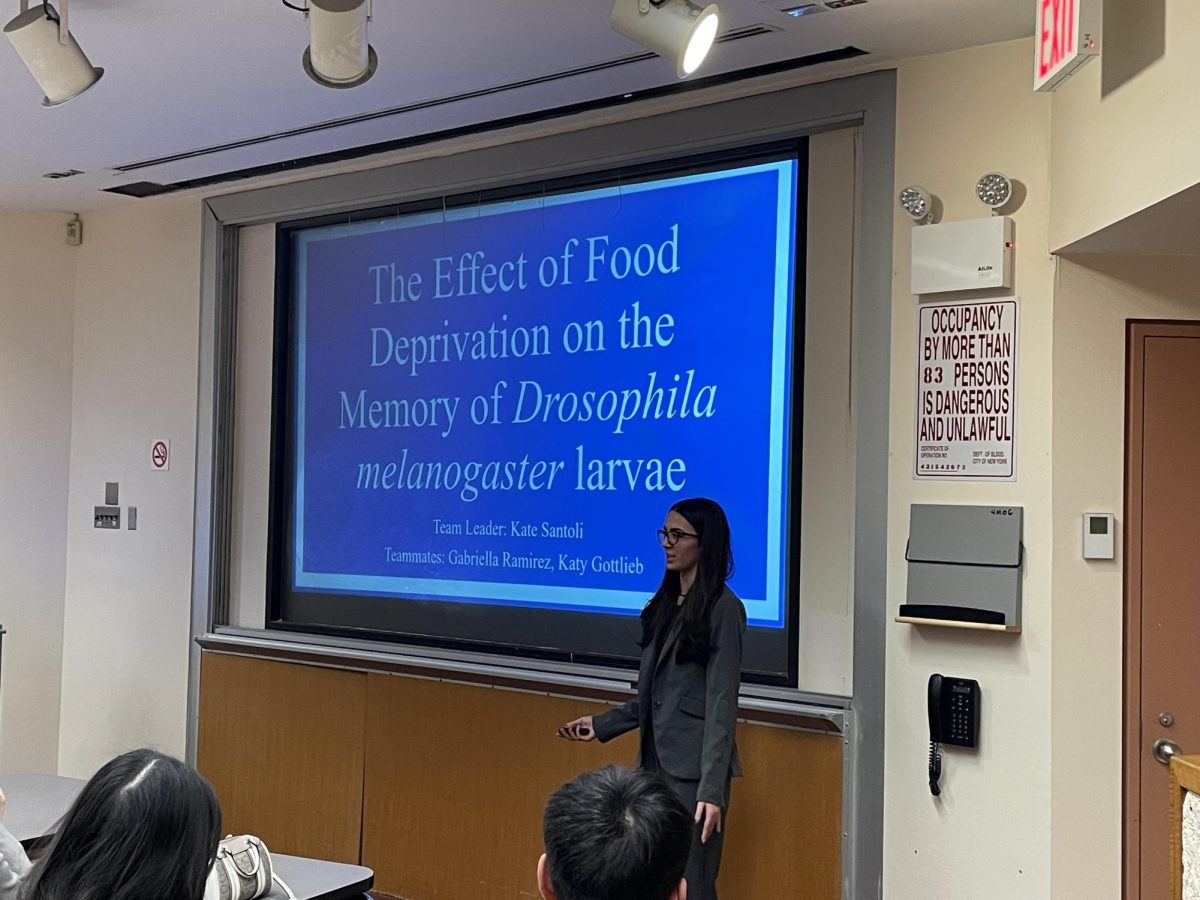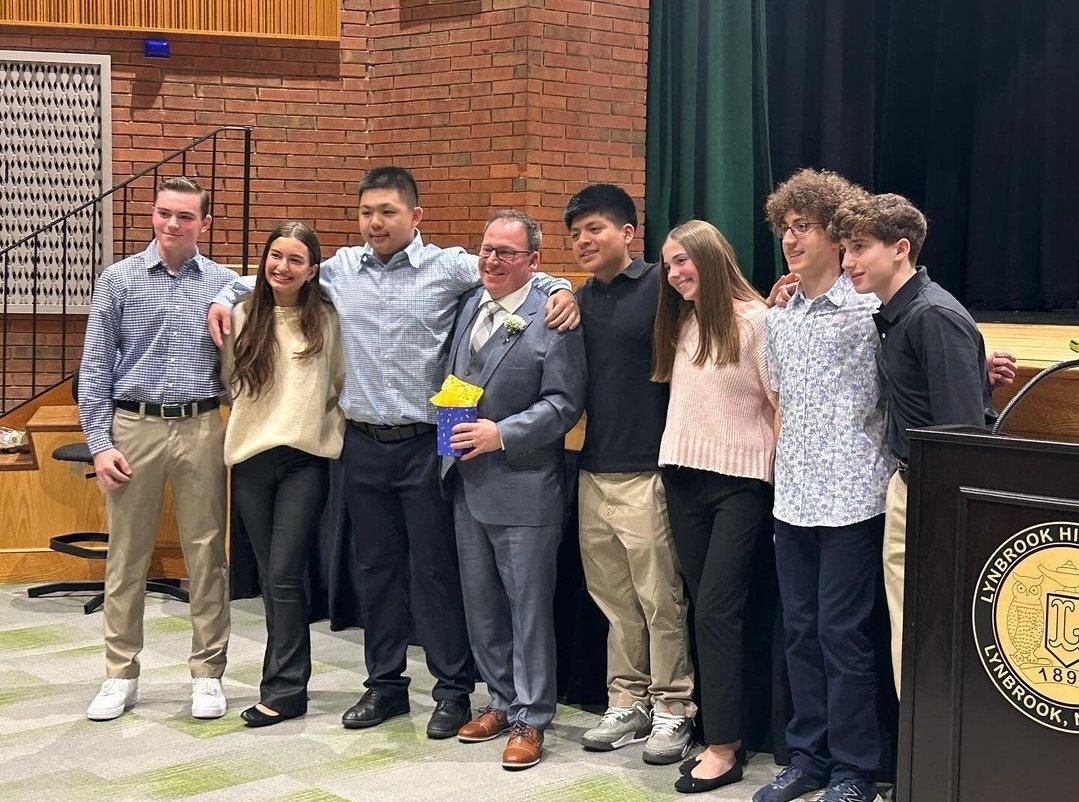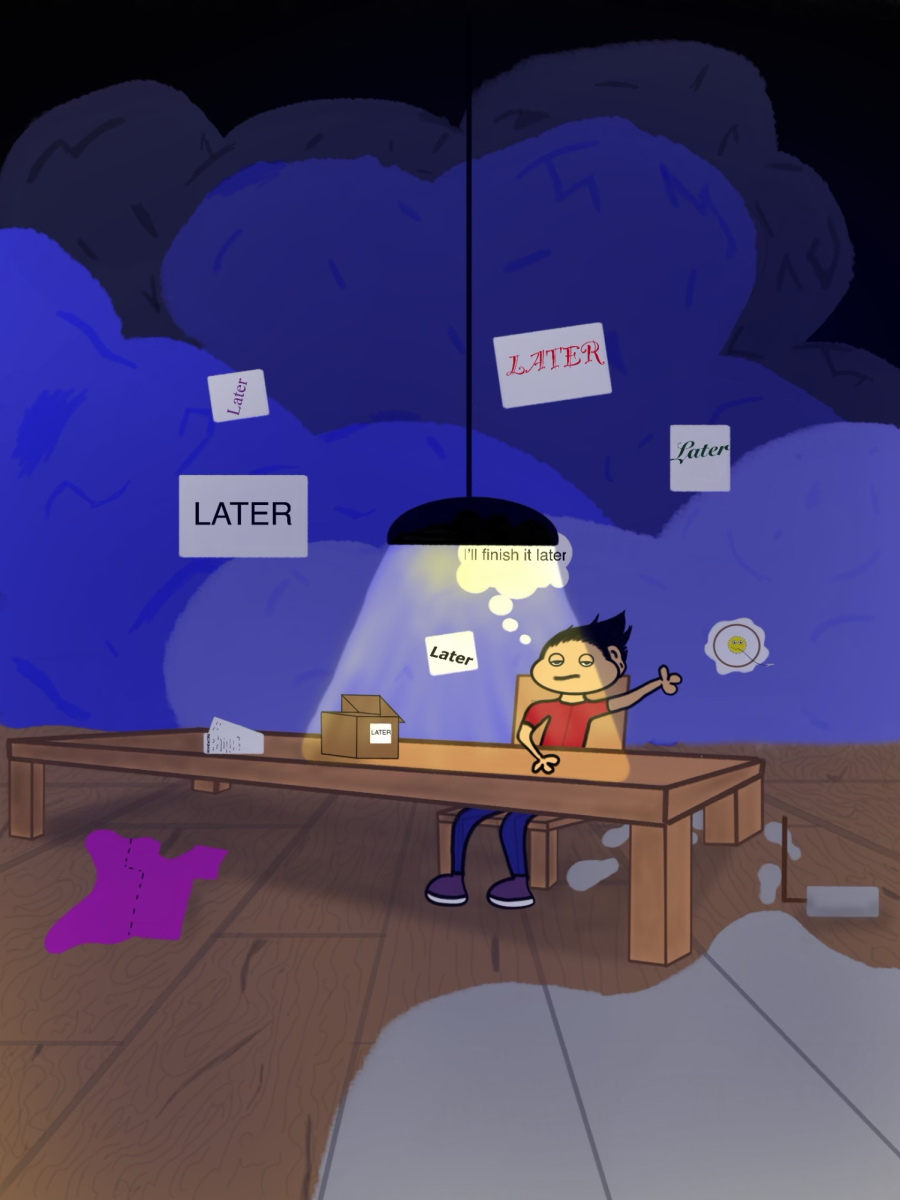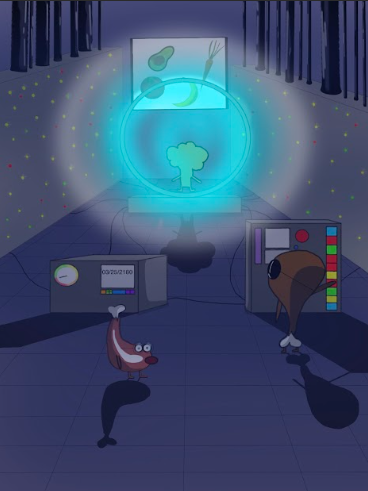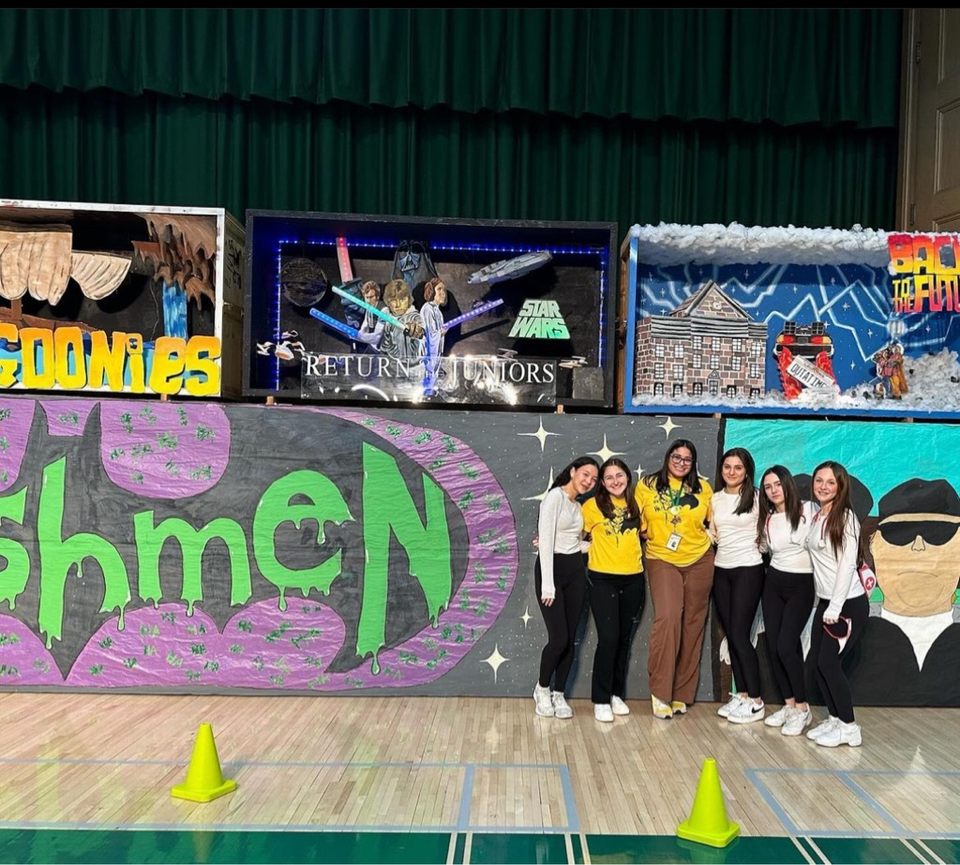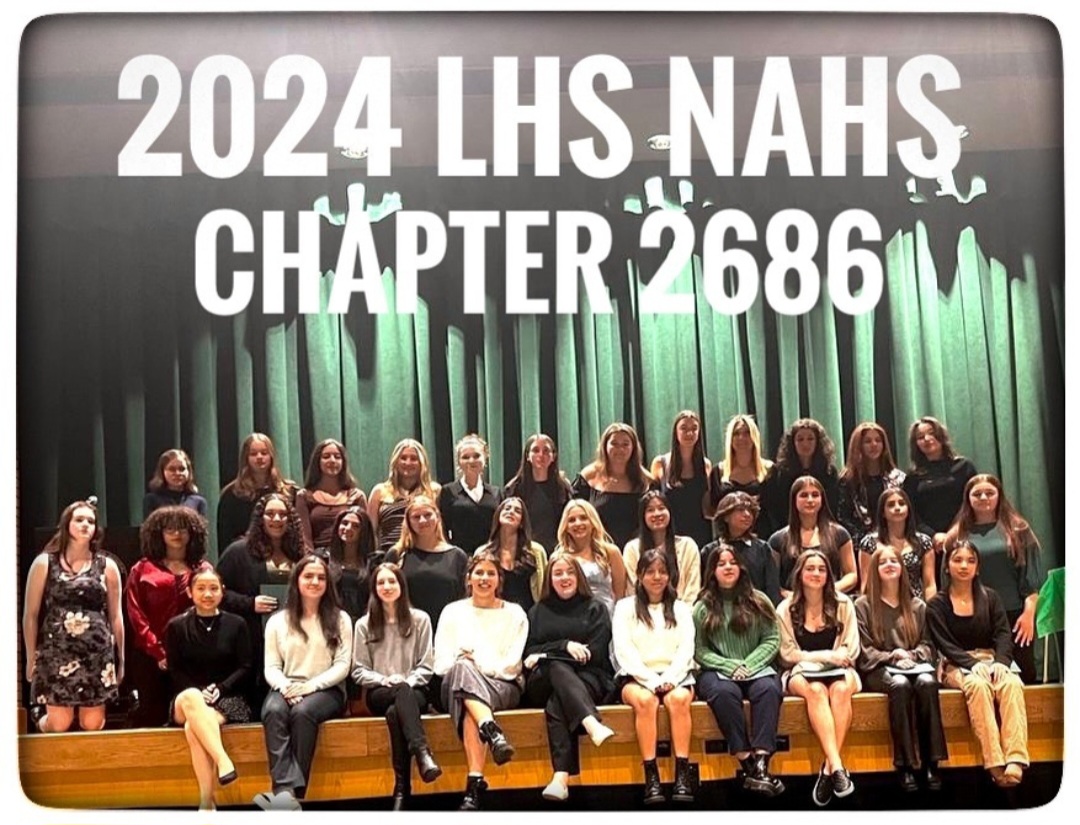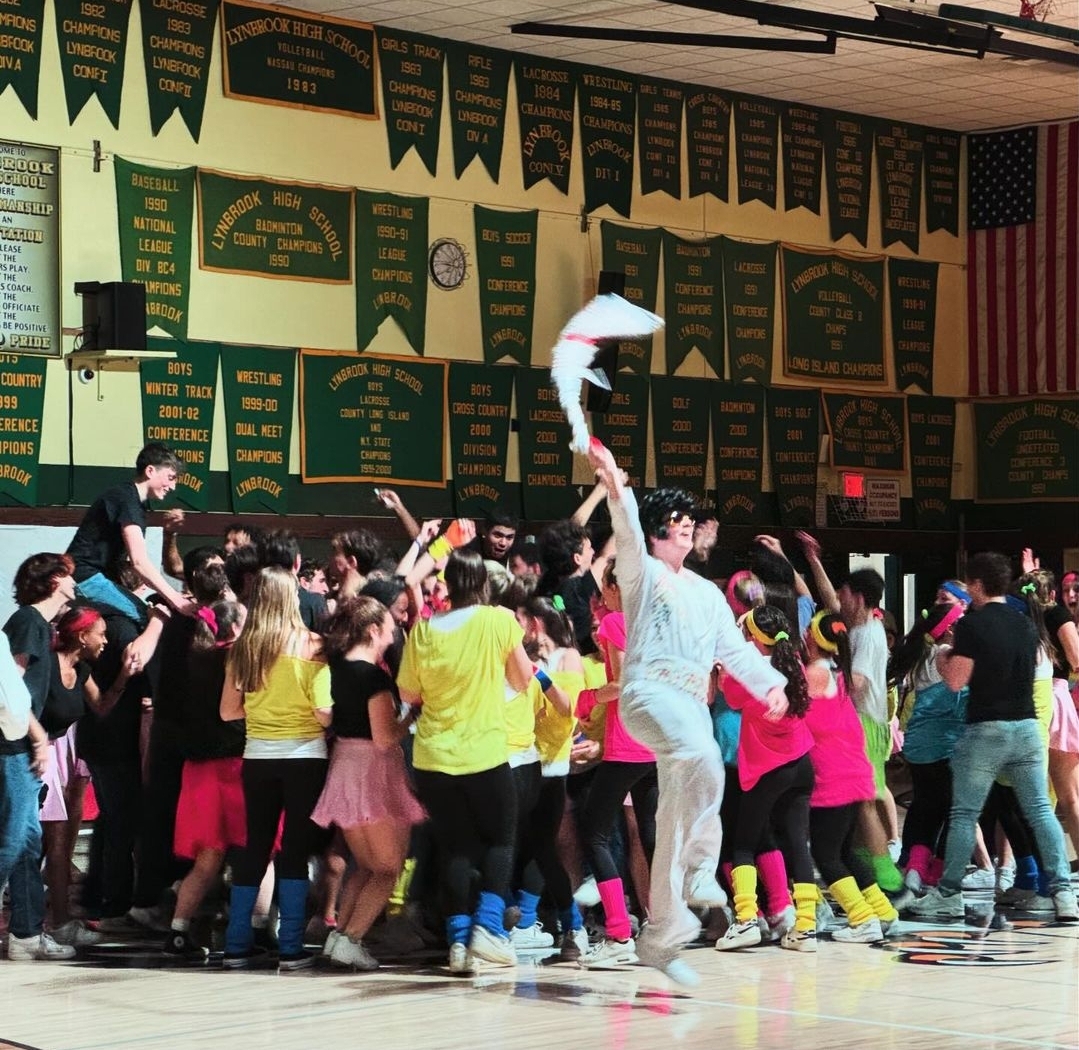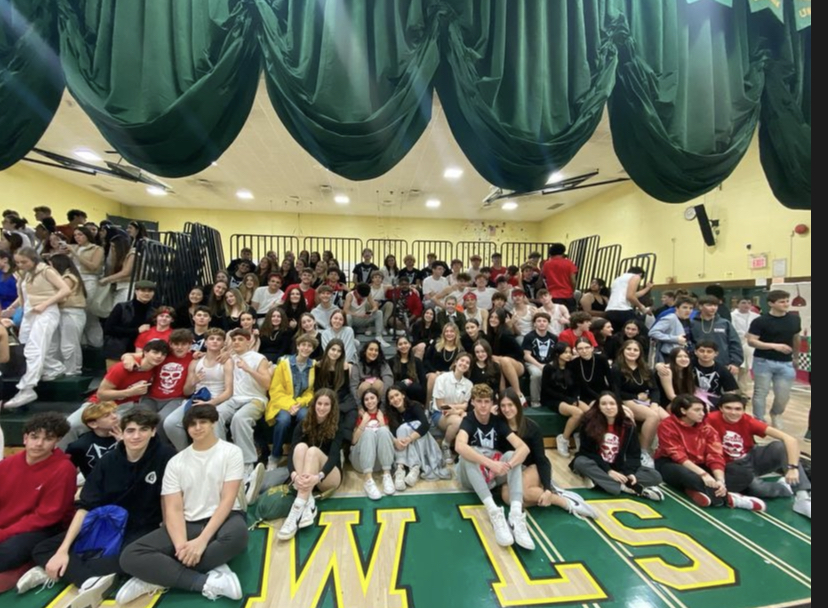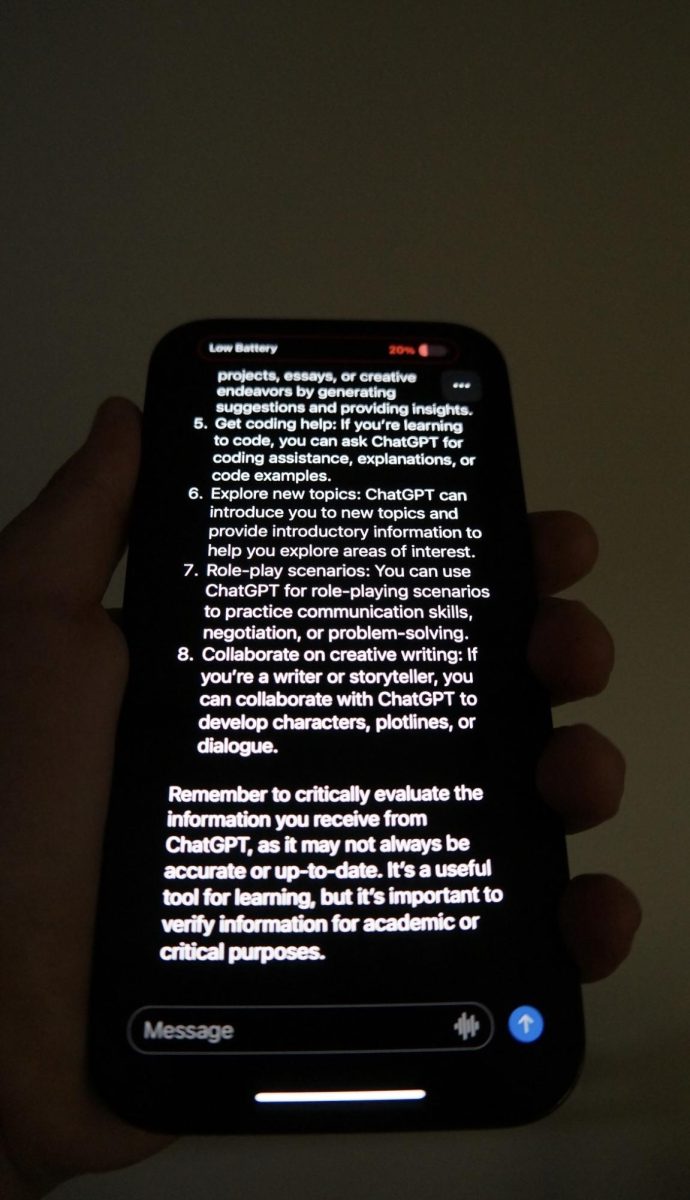Artificial intelligence is here. Just like any other innovation in the world of technology, it is here to stay, no matter how intimidating that might sound. Although it is a brand-new software with years of testing still required, the world, and especially those in the classroom, are feeling the massive effects that artificial intelligence, or AI, has on the world. In the past year, there has been a surge of new AI “chatbots” appearing for almost every corporate technology company, including Bing, Google, and Baidu. The abilities of these chatbots are unbelievable; they can generate anything from email drafts to entire essays in less than a minute. It is not surprising that students across the world have begun to take advantage of AI in the school setting, as it can create perfect writing in a fraction of the hours that would be spent on assignments. AI has begun to and will eventually completely change the expectations of students in classrooms forever. This leaves the question that is not yet answerable: Is AI going to benefit society, or ultimately lead to its destruction?
English teacher Jill Garfunkel feels the effects AI has had on her students, and in the past year she has seen many inappropriately abuse the software. It is for this reason that she decided to incorporate a lesson about both the benefits and dangers of AI into her curriculum. “It’s naive to just ignore that kids aren’t going to use it. The responsible thing to do is to teach them how to use it to help and in an ethical way so they don’t get in trouble,” she said. Garfunkel believes that students should have the opportunity to use AI to help them learn instead of warning them against it altogether. “There’s some wonderful things about it, and I think it could be really helpful. That’s my job as a teacher, to essentially teach them how to teach themselves, and I think it’s a great tool for that,” she added. Garfunkel advised her students to use AI to generate ideas for projects, explain topics learned in class to develop a deeper understanding, and generate practice questions for upcoming quizzes or tests. She also made sure to warn against the dangers of the addictive cycle that abusing AI causes. “Young people aren’t mature enough to understand. If you just use it to cheat, you might get an A grade. Your teacher might not catch it the first or second time, but eventually you’re going to be tested on the material. Eventually, you’re going to collapse,” said Garfunkel.
Following the lesson, Garfunkel had her students debate whether AI will benefit society or cause its destruction. She had each student research the topic and then choose a side, each giving evidence to persuade the others to agree with his/her opinion. Junior Sayge Rolnick is a student in Garfunkel’s class who had a strong argument regarding the benefits of AI. “ If people are aware of both the dangers and the benefits of it, I believe it can be really beneficial for us as a society, and even with all of the negatives that can come out of it, I think the total positive[s] outweigh it,” Rolnick said. Some benefits discussed during the debate were that AI software can handle large workloads, offer continuous availability, and can work in environments that humans cannot.
Rolnick enjoyed Garfunkel’s lesson and, as a student, felt that addressing it upfront was the most useful method possible. “I think it was a very good lesson. Since so many of the teachers are anti-AI, it is helpful to have a teacher who lets us formulate our own opinions,” said Rolnick. “Garfunkel’s lesson was more unique in the sense that she realizes that it’s here and it’s happening, and that regardless of what she says, people are going to use it anyway. The best thing to do about this situation is to teach us how to use it in a productive way,” added Rolnick.
Freshman William Levinson uses AI quite frequently outside of school to assist him in generating code and programming. “A lot of people have been using it to revise code or to ask it to write code,” he explained. “I’ve been using Chat GBT to revise my code and then I look over what it wrote,” added Levinson. He points out that although it is a very efficient and useful tool in the programming world, it should not be relied on, as it is not at all perfect. “It’s very flawed. It has made a lot of errors and doesn’t understand as well as you could if you just made it on your own,” Levinson said.
Levinson has attempted to incorporate AI into the school environment, and for his summer reading project, he used a program called Midjourney to generate images for his board game about the novel The Secret Life of Bees. “My idea was that the board was going to be like The Game of Life, and I [used] AI to generate houses or locations,” he explained. He believes that this is a faster and more creative way to decorate the board, instead of relying on images pasted from the internet.
According to The New York Times’s website (nytimes.com), AI has the potential to boost the economy by trillions of dollars and create many business opportunities that would otherwise be very difficult to follow through with. Although there are clearly benefits to such a productive and rapid form of technology, the recent surge in popularity of AI due to the internet and social media is dangerous, as it still requires several years of proper testing before it can truly be used in the industrial world. AI is believed to have the ability to leak confidential data, and, like Levinson explained, is not completely accurate. With government regulation, however, it is believed that AI’s abilities will significantly strengthen society.
Levinson believes that, despite its flaws, AI will better the world, and does not have the ability to become a danger. “I think that is going to be more helpful than will be bad, and I don’t think anyone will be able to make it completely sentient,” he said. The future of AI is obscure, but in the right hands, it can become a worldwide technological sensation.


